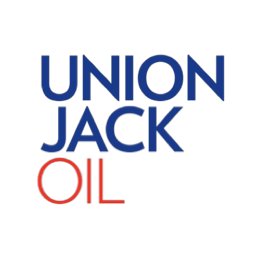Oil prices experienced an increase on Monday, driven by growing fears that the escalating conflict in the Middle East might impact the region’s oil supply. At the same time, there is optimism that last week’s decision by the US to cut interest rates will help sustain demand.
By 11:19 a.m. local time (0819 GMT), the international benchmark Brent crude saw a slight rise of 0.16%, bringing it to $73.81 per barrel, a marginal increase from its previous close of $73.69. Similarly, US benchmark West Texas Intermediate (WTI) edged up by 0.17% to reach $71.12 per barrel, compared to its earlier close of $71.
Market participants are keenly focused on developments in the Middle East, as the region is home to the bulk of the world’s oil reserves. Renewed tensions in this vital area have heightened fears of potential disruptions to oil production, contributing to the upward pressure on prices.
The situation between Israel and Lebanon has intensified, with clashes between the Israeli military and the Lebanese Hezbollah group pushing the conflict to a perilous level that could spark a wider war. An Israeli airstrike on Beirut’s southern suburbs last Friday led to the deaths of 45 people, with an additional 68 individuals wounded, according to figures released by the Lebanese Health Ministry.
On Sunday, Hezbollah claimed responsibility for bombing Israeli military-industrial complexes near Haifa, an attack that Israel confirmed had injured five people. This exchange of hostilities comes amid ongoing cross-border warfare between Hezbollah and Israel, which began after Hamas launched a deadly attack on Israel in October last year. The conflict in Gaza, sparked by that attack, has so far claimed the lives of more than 41,400 people, most of them women and children.
In addition to these geopolitical tensions, oil prices have been supported by the US Federal Reserve’s recent decision to lower interest rates. Last week, the Fed cut rates by 50 basis points to a new range of 4.75%-5.0%. This marked the first such reduction in more than four years, a move that echoes the central bank’s response at the onset of the Covid-19 pandemic.
The rate cut has spurred optimism that lower borrowing costs will stimulate economic activity, which, in turn, could lead to increased demand for oil.
The combination of rising tensions in the Middle East and a more accommodative monetary policy in the US has provided support for oil prices, with markets closely monitoring both fronts for further developments.
Union Jack Oil plc (LON:UJO) is an oil and gas company with a focus on onshore production, development, exploration and investment opportunities within the United Kingdom and the United States of America hydrocarbon sector.

